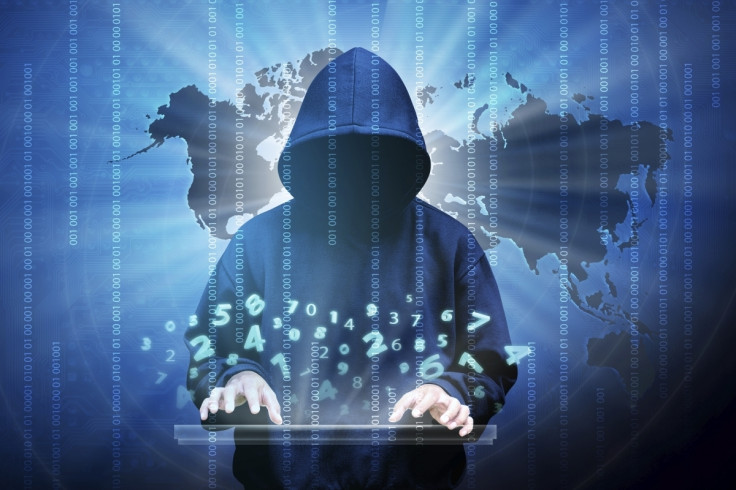Æternity doubles Parity hack bounty to rival $25m reward for Osama Bin Laden
Æternity had initially offered a reward of 10% of the funds taken; it's now 20%.

Æternity, the blockchain project which lost over 80,000 ether when the Parity wallet was compromised last year, has increased the bounty for returning the funds to around $20m. Æternity had initially offered a reward of 10% of the funds taken; it's now 20%.
They were not the only project to have ICO'd and lost a ton of money in the attacks. Yanislav Malahov, founder of Æternity, said: "I will try to get the other affected startups involved to add to the increase. Then the bounty would be higher than the one to find Osama Bin Laden in the early two thousands ($25m). Our bounty alone is already far bigger than other bounties for finding cyber criminals."
The original plea for help made in August of last year was extended to the exchanges, asking for an immediate step to blacklist the root address and all child-addresses of the attacker. There were also small bounties for anyone in the community helping to create open source tools to scan for traces of the stolen ether. Ethereum transactions are fully public and can be tracked easily. It's hard to move large amounts of crypto without drawing attention, and fiat gateways are monitored.
Æternity also attempted to make an appeal to the contract hacker, promising all legal actions will be stopped if the funds are returned. This would allow the attacker to retain 20% of the funds (around $20m at last week's ether price; a little less now), without fear of recourse.
Malahov said: "If the hacker returns 80% of the ether that's been taken he will not need to fear any legal recourse further on and be a rich man for the rest of his life.
"I have heard some rumours that it might be somebody from Russia. Russian hackers simply don't talk. Usually the western hackers will at least brag about their hack. But it's just speculation.
"It's impossible to launder such a big amount of ether without being caught eventually. You will want to buy something sooner or later, and everyone makes mistakes. $20m is also quite a big incentive for private investigators to start looking around to see who knows what."




















